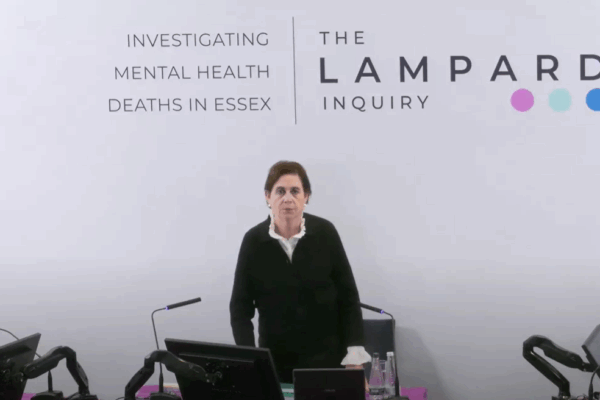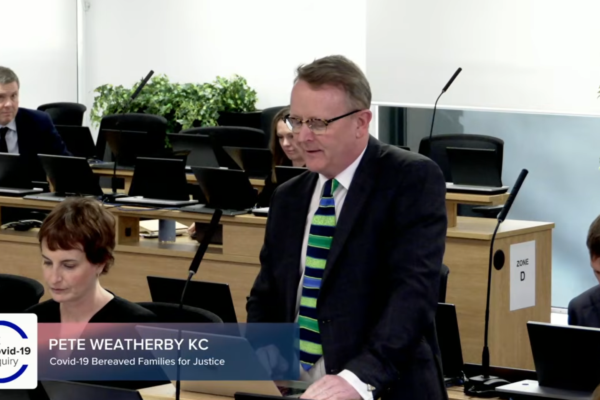High Court rejects legal challenge against the rules of two-child benefit cap in universal credit
18 July 2025

The legal challenge was brought by two women, represented by Garden Court North’s Tom Royston, at the High Court sitting in Leeds. Credit: Philip Openshaw / Shutterstock.
Earlier today (18 July 2025), the High Court sitting in Leeds rejected a legal challenge against the rules of the ‘rape clause’ in the universal credit ‘two-child limit’.
The case was brought by two mothers who each conceived two or more children non-consensually while they were in violent and controlling relationships which began in their teenage years.
The two mothers, identified as ‘LMN’ and ‘EFG’ to protect their identity, were represented by Garden Court North’s Tom Royston, led by Karon Monaghan KC.
Mrs Justice Collins Rice described LMN and EFG’s abuse as “chilling”, but said it was the role of politicians and not courts to change legislation around the two-child benefit cap.
“The law does not compel a government, or a parliament, to provide the answer the claimants seek. This claim is dismissed accordingly”, she ruled.
Possible further appeal
The two-child cap for universal credit claims has exceptions to cover a limited number of circumstances, including if a child is conceived nonconsensually.
But the court heard how this only applies to third or subsequent children, leaving some women unable to utilise these exceptions if, for example, their first two children are conceived after rape or other forms of non-consensual conception, but they have further children in consensual relationships. It has become known as the ‘rape clause’.
Both claimants are seeking permission to appeal to the Court of Appeal.
In a statement after the ruling, EFG said: “All of my choices were taken away from me for years by my abuser before I fled. I’ve fought hard to get on with my life for me and my kids. But the two-child limit makes it more difficult.
“The government says that the exceptions are to protect people who – like me – didn’t have a choice about the number of kids in their family, but the rape clause doesn’t do that. The rules need to change to protect families like mine. The result today is disappointing but I will keep going and fight this to the end.”
LMN said: “I want to keep going with the case as I feel like it’s against my human rights. When my oldest came back to live with me from care and before I got the exception for my youngest, we had to survive on less money. That stopped me doing things with the children – I never planned on having the children but that’s not their fault.”
Tom was instructed by Claire Hall from Child Poverty Action Group (CPAG).
Claire Hall said: “all eyes are on the government which has the chance to do the right thing and abolish the inhumane two-child limit in the autumn child poverty strategy”.
“Our clients have provided their children with safe and loving home environments but the rules have failed to protect them and their children from the impacts of the two-child limit.”
Additional media
CPAG – CPAG response to two-child limit ‘rape clause’ court judgment
The Guardian – Women who conceived in abusive relationships lose legal challenge over benefits ‘rape clause’
For further information, please contact Alex Blair, Communications Manager at Garden Court North Chambers: ablair@gcnchambers.co.uk





